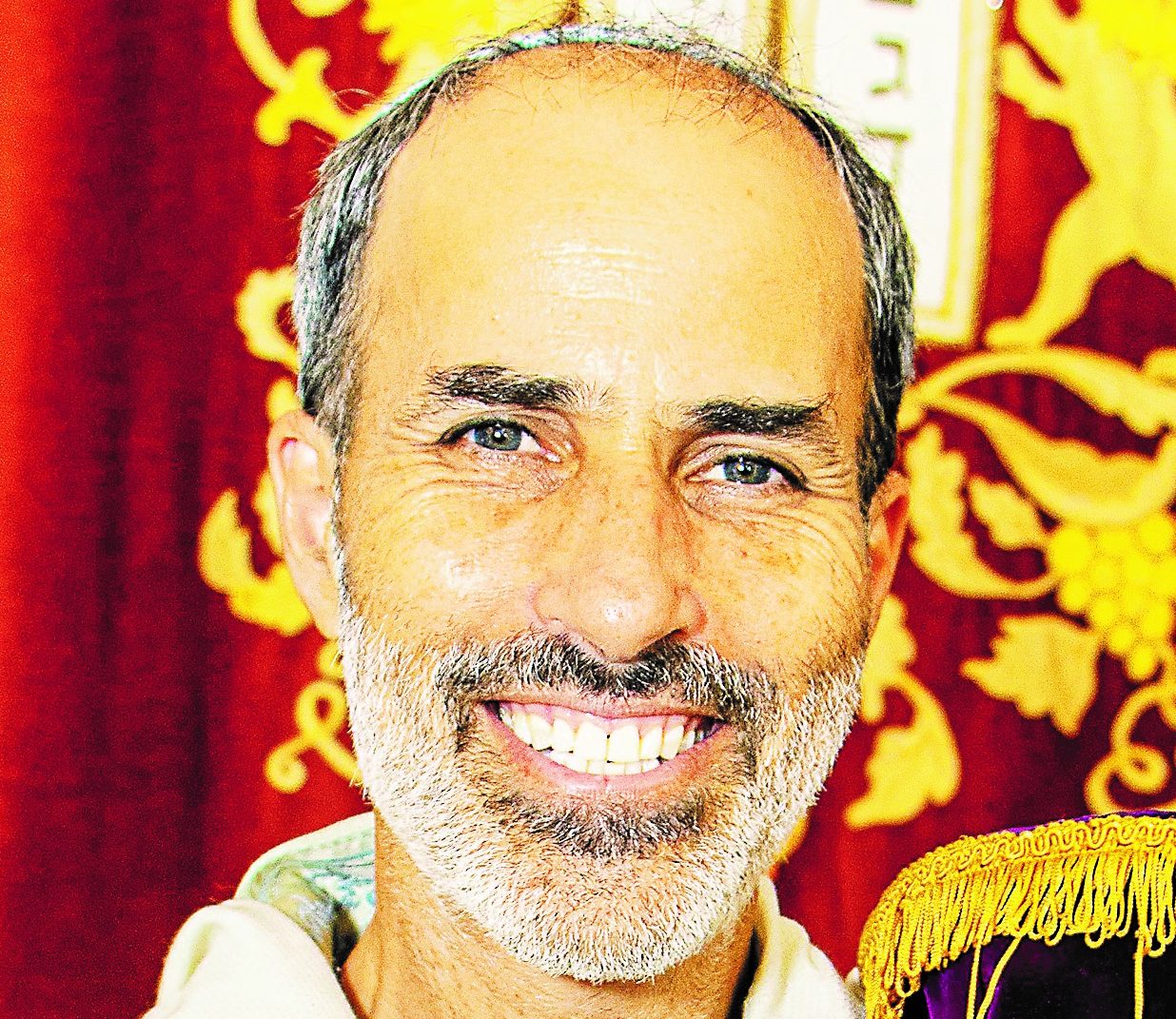click to dowload our latest edition
CLICK HERE TO SUBSCRIBE TO OUR NEWSLETTER


Published
3 years agoon
Chanukah in South Africa is weird, let’s face it. It’s a festival of lights in the middle of summer!
It’s a time to eat greasy latkes and doughnuts when you want to be on the beach eating granadilla ice lollies. And for a family-friendly holiday, waiting up to 20:30 in Cape Town to light isn’t exactly helping that bedtime routine, is it? So how does one take a holiday that makes complete sense in New York, London, Jerusalem, or pretty much any frosty northern hemisphere location, and make it meaningful in Cape Town or Umhlanga?
You see, Chanukah actually isn’t just about candles and doughnuts, it’s about revolution. It recalls a time that a band of Jews decided to say, “no” to the greatest empire of the time and heroically and against all odds won a hard-fought victory. That was 2 200 years ago, but today, it’s still revolutionary.
Daniel Gordis, one of my teachers when I was studying in yeshivah in Jerusalem, wrote in his book, Does the World Need the Jews? that, “Judaism’s claim is simple: Jews have a voice; it’s the voice that reminds the world of the power of the weak. Just as we survived as a powerless minority, we cry to the world: so, too, can you.”
The Jewish festival of lights is designed to bring light to those in need. Chanukah isn’t just a holiday in which Jews celebrate their own experience, but rather, a festival in which Jews seek to bring a message of hope to the disenfranchised everywhere. On Chanukah, Jews remind the weak and the impoverished everywhere that our own survival should give them cause for hope.”
Taken in that light, lighting the chanukiah is an act that has resonance not just for the Jewish people, but for all people, and at a time that South Africa and the world urgently needs it. As the plague of coronavirus shut the world down, what emerged was the inequality between those who had the ability to sit this out and those who didn’t. Those who had access to homes, data, laptops, and spare rooms to convert to offices or classrooms, and those who depended every day on the ability to get to a job or a donation to feed their family. And here we are at the end of 2020, still with no definite end in sight.
What’s the way out for those who don’t have the luxury of locking down? Gandhi is famous for saying, “The true measure of any society can be found in how it treats its most vulnerable members”, but 3 500 years before him, the Torah commanded protection for those who would be least able to protect themselves – from orphans and widows, strangers and migrant workers, to day labourers and the impoverished. How will the world step up to a growing gap between rich and poor? How will we break a cycle that means that those who have money to invest grow more wealthy, and those who don’t, have no way to break out of poverty?
Lighting a candle this Chanukah says “no” to that reality.
South Africans wait for their political leaders to show us the way forward, to give us a clear message of hope for the economy, to end corruption, for cross-party collaboration to get us out of recession, pandemic, and fear. Instead, we see and hear the same old tired lines from politicians squabbling while the country burns.
Lighting a candle this Chanukah says “no” to that reality.
As I write this, we mark the 16 Days of Activism against Gender-Based Violence. Statistics show that more than half of these attacks come from someone known to the victim. Forty percent of South African women have experienced intimate-partner violence in their lives. That means nearly half of all the women in this country (20 million women) have been attacked by the person who should be most responsible for protecting them.
Lighting a candle this Chanukah says “no” to that reality. Lighting the chanukiah now is a symbolic act of hope and of justice: hope that we will all overcome this plague, that our leadership will step up to govern for the good of all, and that as we emerge from this lockdown, it will be with a new world order, one that serves all the people.
It’s about bringing the world some light when it needs it most.
Chanukah is a message for all South Africans, Africans, and the world that where you are isn’t where you have to be forever, that with passion and faith, you can overcome seemingly unconquerable odds, that you can take a small light, share it with a few and in time, it can be a great light.
On the Shabbat of Chanukah we read from the book of Zechariah. In it we read a passuk (verse), (Ch. 4:6) often quoted that should inspire us all to action.
“Not by might, nor by power, but by my spirit – said the eternal of hosts.”
May we have light and be light this Chanukah.
